THE VOICE FOR THE ENERGY CONSUMER

Our personal and national security depend on the ability to build pipelines in Louisiana, and your voice needs to be heard. American families and small business need American-made energy to.

Oklahoma Energy Today continues it’s interview with CEA’s Tommy Foltz on the impact of the 2016 election and energy policy. When it comes to the change of leadership at the.

As America energy production reaches new highs, setting the stage for true energy independence, new and modernized pipelines are required to bring this energy to families and businesses across the.

CEA’s Kevin Doyle was interviewed on the impact Florida’s increasing gasoline tax will have on energy consumers. Seven states will have higher gas taxes starting January 1st and Florida is.
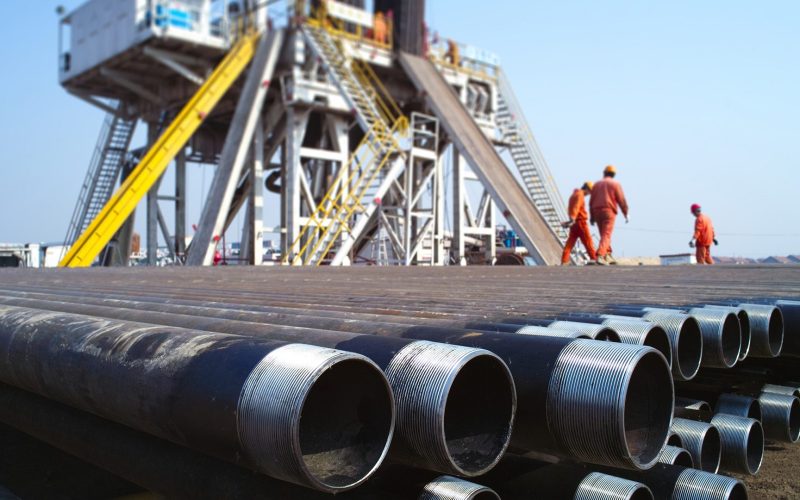
CEA President David Holt discussed the recent administrative actions prohibiting energy exploration with the PanAtlantic Journal. U.S. President Barack Obama closed 3.8 million acres off the U.S. North and Mid-Atlantic.
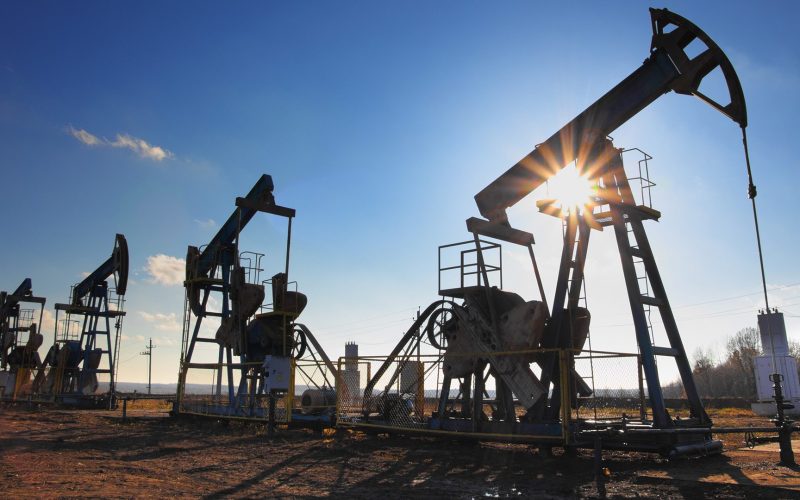
Oklahoma Energy Today interviewed CEA’s Tommy Foltz on the impact of the 2016 election and energy policy. Clearly, the President-elect is very energy friendly as is congress. Where there’s been.
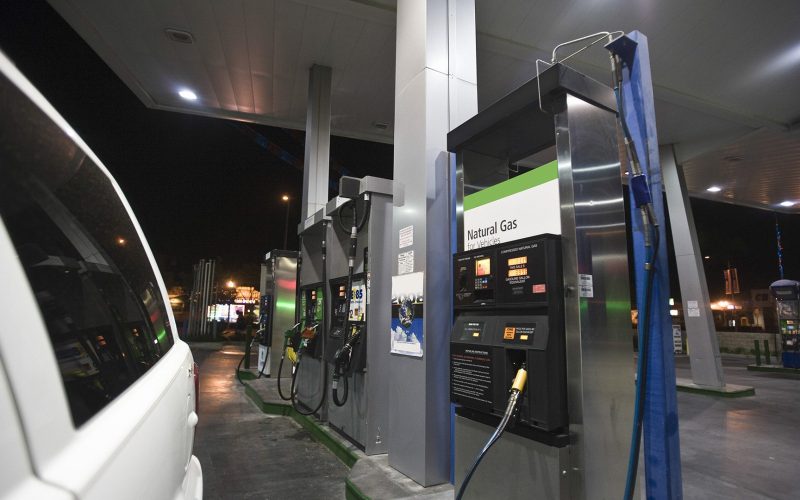
CEA’s David Holt discusses what 2017 may bring for oil and gas policies in Washington D.C. and their impact on energy consumers. As we get set to close the door.
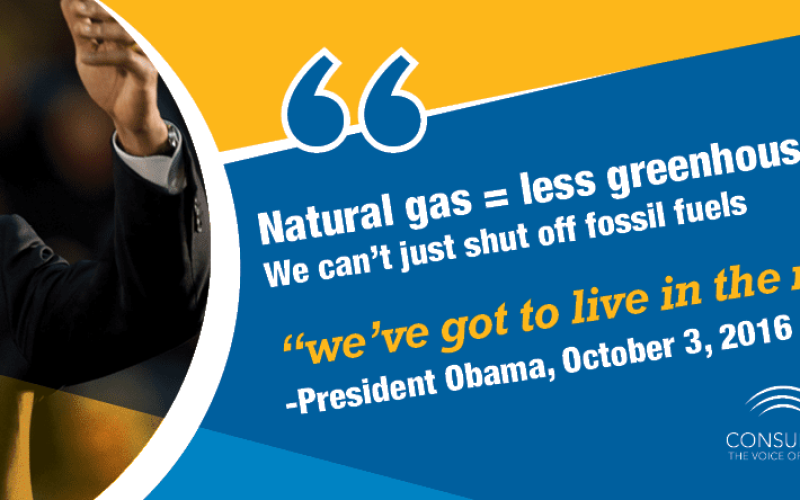
Consistency and complacency are simply not good practices for energy policy or any other social purpose. The impossible complexity of our daily lives and the direct link to the environment.

Congressman Bill Johnson talks candidly about the need to improve the infrastructure in Southeast Ohio and how the federal government is standing in the way of necessary pipeline projects. We.
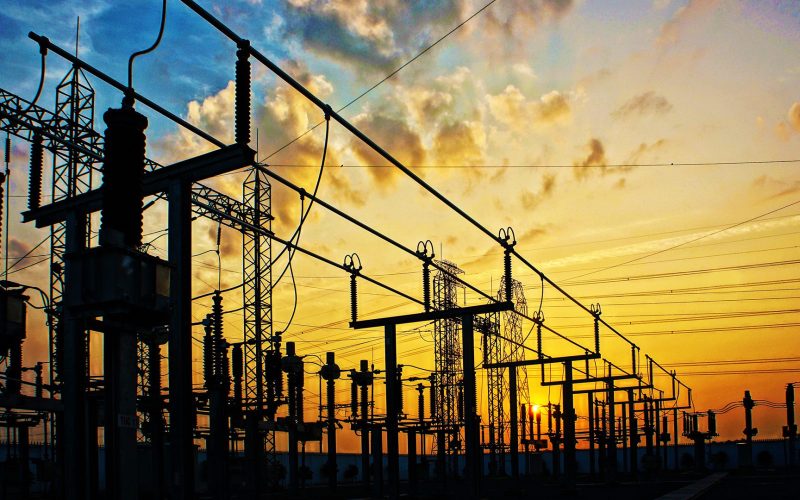
Pennsylvania is seeing the construction of numerous natural gas power plants to provide electricity to families and businesses across the state. In order to supply these power plants with fuel,.